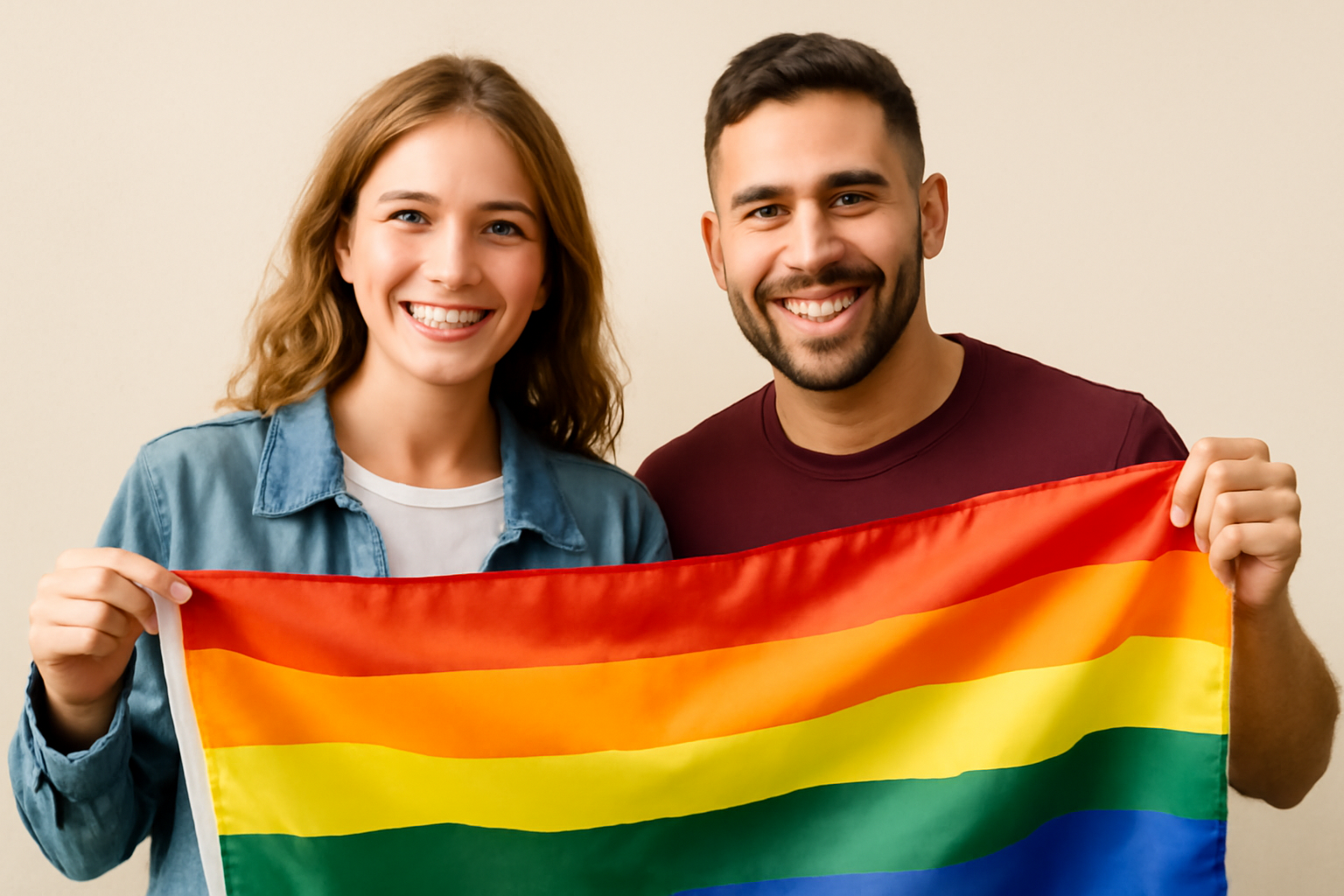
Recognizing LGBTQ+ hate crimes as serious offenses
Efforts are ramping up across communities and political arenas alike, as people push hard—really hard—to get hate crimes based on LGBTQ+ identity and gender recognized as aggravated offenses. This movement aims squarely at putting legal protections in place that align with those already existing against racial and religious hate crimes. It's a powerful step towards ensuring everyone has equal protection under law.Introducing clause 122: A step forward in crime and police reform
In an exciting development, LGBTQ+ advocacy heavyweight Stonewall and Rachel Taylor, a Labour MP, are leading efforts with New Clause 122 in their sights. This amendment, part and parcel with Crime and Policing Bill discussions, has drawn support from multiple political parties. If it passes, we'll see statutory aggravated offenses expand—covering motivations rooted in hostility towards someone's disability status, sexual orientation, or gender identity. It even extends protection when people are targeted due just because they're associated with these groups.What aggravated offenses really mean
So, what makes a crime 'aggravated'? Basically, these are crimes that get more serious because certain nasty factors, like prejudice, are involved. Back in 1998, a precedent was set with racially or religiously aggravated crimes carrying stiffer penalties. If Taylor's amendment gets through Parliament, it could mean that LGBTQ+ and disabled individuals have similar legal shields, complete with tougher sentences that'll hopefully make criminals think twice.Reflecting on history and calls demanding equality
During a passionate parliamentary debate, Rachel Taylor dug deep, reminding everyone about past hate-fueled tragedies, like London in 1999 when nail bombings tore through Bengali, Black, and LGBTQ+ communities. She drove home a critical point: hate crimes, no matter whether they're based on race, religion, or sexual orientation, gender identity, or disability, need equal recognition and seriousness under law.The gaps in current hate crime legislation
Currently, UK hate crime laws recognize five types: race, religion, sexual orientation, transgender identity, and disability. But here's where it gets sticky—only race and religion get treated as aggravated offenses with harsher sentences. Taylor criticizes this disparity, arguing that it implies some forms are seen as worse than others, which simply isn't right.Backing a comprehensive hate crime policy
Human rights champion Peter Tatchell and others echo a pressing need: hate crime laws that include everyone. Lib Dem MP Luke Taylor applauded this amendment, as its reach extends protection further, particularly bolstering defense against crimes aimed at disabled and LGBTQ+ folks. Labour MP Jacob Collier added his voice, supporting it as a clear reflection that Labour stands firm on equality and justice.Why timing and implications can't be ignored
Jacob Collier didn't miss a beat noting how timely this amendment's introduction really was. Dropped during Pride Month and right after a contentious Supreme Court ruling on trans issues, he emphasized this isn't just lawyering up; it's about everyday dignity and keeping everyone, like that trans teenager or gay couple facing harassment, safe and sound.Fighting underrepresentation and tackling ongoing issues
This amendment also strikes a chord on another front: it sheds light on how often disabled individuals are brushed aside in hate crime conversations. Addressing their ongoing struggle with harassment and violence, it clearly states that everyone, no matter who they are, deserves solid legal protection and confidence that justice isn't just a pipe dream.A solid commitment towards legal equality
Speaking up, Simon Blake, CEO at Stonewall, highlighted why marking anti-LGBTQ+ hate crime as aggravated truly matters. It's a significant stride in leveling legal grounds and heading towards equality. He expressed gratitude towards continuing government support as this bill journeys through legislative stages, underscoring Stonewall's unwavering advocacy dedication.Positive government reaction and hate crime stats
Rachel Taylor voiced her pleasure with how receptively government officials responded, standing behind her and MPs rallying alongside her amendment. Reaffirming a fundamental belief—it all boils down: hatred, in any shape or form, demands equally serious consequences. Taking a dive back: as recent figures up through March 2024 show, police logged around 140,561 hate crimes in England and Wales, marking a 5% dip from last year. Nonetheless, with 22,839 linked directly back sexual orientation and 4,780 targeting transgender identity, comprehensive protections prove necessary, now more than ever.Related Posts
Veteran LGBTQ+ Advocate Kate Kendell Takes on Leadership Role at Gill Foundation
Kate Kendell, a well-known figure in LGBTQ+ advocacy, has stepped up as CEO at Gill Foundation. This isn't just a big move in her career; it's also a huge step forward in achieving equal rights through her new role. With years under her belt in legal advocacy and nonprofit leadership, Kendell brings a wealth and depth that promises real impact. The Gill Foundation, famous its strong support in LG [...]
Spanish Mayor Denied Communion by Local Priest Due to Relationship Status
In a picturesque Spanish town called Torrecaballeros, a storm's been brewing. The local Catholic Church has refused communion services and has found itself at odds with Rubén García de Andrés, its Socialist mayor. García de Andrés, who wears his faith on his sleeve, was devastated when he took this battle public. Why? Because he's gay and lives with his partner—a reality that's at odds with [...]
Poland Celebrates Reversal of Final "LGBT-Free Zone"
Big news from Poland—its last "LGBT-free zone" has been abolished, marking a key moment in championing equality and human rights. Across Poland and beyond, activists and allies are celebrating this move as a vital step toward greater acceptance and inclusivity. What's behind "LGBT-free zones"? The idea behind "LGBT-free zones" started in Poland in 2019, when some local governments passed resol [...]